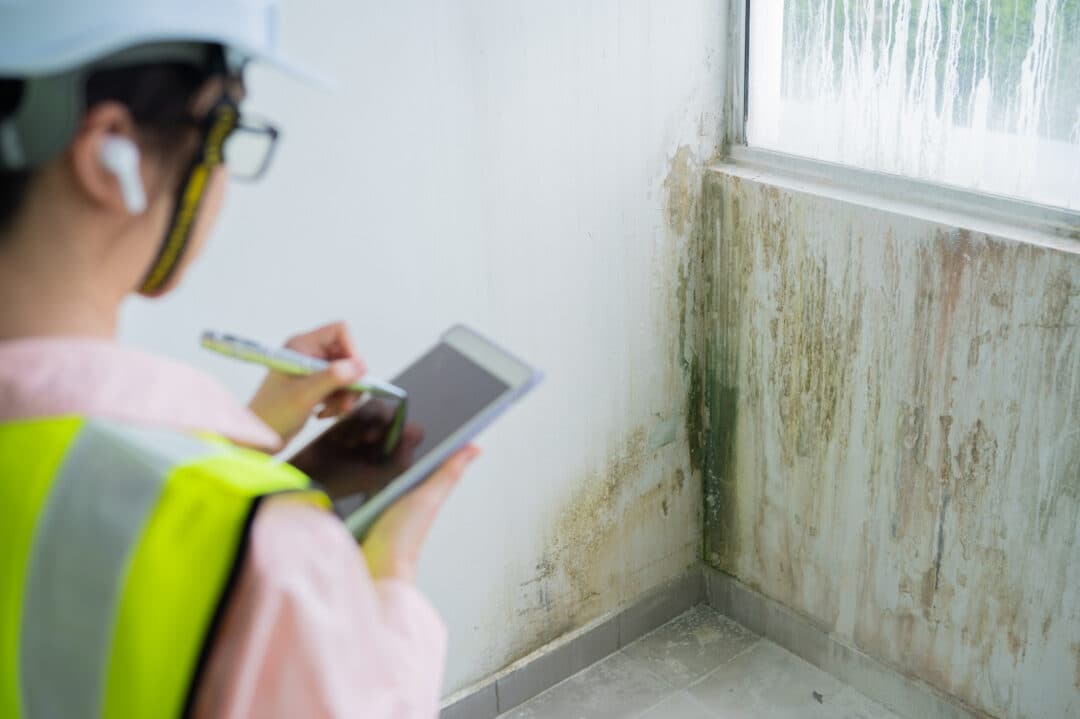Elections always affect the property market, don’t they?

Elections always affect the property market – don’t they?
By chance or calculated, the timing of this summer’s General Election is a hot topic. Some factions feel the announcement – which coincided with inflation dropping to 2.3%, bringing it closer to the Government’s benchmark of 2% – will capitalise on a growing feeling of economic optimism. Others are speculating the snap decision was a cunning way of avoiding a backbench revolt concerning the Renters’ Reform Bill – one of 9 that were abandoned during the ‘wash up’ period.
Although landlords were generally concerned by the contents of the Renters’ Reform Bill as proposed by the Conservatives, it appears they are even more fearful of the same Bill if it were picked up and remodelled by Labour.
This sentiment was revealed in a very recent survey by specialist lender, Landbay. When it questioned buy-to-let owners, 31% of landlords said they will vote Conservative. Just 12% said they will choose Labour, with 5% opting for the Liberal Democrats. In addition, 41% said they don’t know which party they will choose, while 10% would vote for ‘other’.
Landbay’s survey also found 48% of landlords polled had concerns about a potential change of government, with some describing Labour as “anti-landlord” and a potential government offering “too many unknowns”. Others said that their vote will go to the party that will reduce the heavy tax burden facing landlords.
Interestingly, a report by Goodlord and the NRLA found only 39% of letting agents knew who they would vote for. Lettings professionals were open to persuasion, however. The report highlighted how the voting intentions of 70% of letting agents could be swayed by housing pledges made in the run up to the big day. This figure was 81% for landlords who took part in the research. Unsurprisingly, taxation was the number one policy that would sway undecided and open minded landlords towards one party.
With only one clear month before the General Election and the distinct possibility that a new party will take the reins, how will the call to the voting booths affect the immediate home moving market?
Rightmove was quick to question 14,322 people after the election date was announced. It found 95% were following through with their intention to buy or sell. Historical data backs up this train of thought, with the portal finding there was a steady number of people sending enquiries about properties for sale in the lead up to the 2015 and 2019 elections.
For context, buyer demand in the April before the May 2015 election increased by 6%. During the election month itself, demand increased to 9% year-on-year. Ahead of the December
election in 2019, buyer demand increased 4% in November, and it was up by 13% year-on-year in the month the election actually took place.
Conversely, Zoopla highlighted how the run up to the election coincides with the early summer – a time when home buying and selling activity tends to start slow anyway. Those that have been thinking of moving home may wait until September when the dust has settled. The portal did add that buyers close to exchange and completion will want to accelerate the speed at which their transaction moves, with a compulsion to be moved in before the 4th July.
Knight Frank weighed in with its property price prediction for the weeks leading up to the big day. The agent revised its forecast for the prime Central London market due to political uncertainty – something that affects the capital more than the rest of the country.
The short-term disturbance is expected to wipe out a forecasted 1% rise in prime Central London property prices. Instead, Knight Franks says these values will fall by 1% this year. The agent’s prediction for the rest of the UK, Greater London and prime outer London remains unchanged, with property price rises in the region of 2%.
So, what will happen after the General Election? The number crunchers at Compare My Move took a historical look at house prices in the 12 months after recent elections. It found house prices tend to rise in the 12 months immediately after, by an average of 4.6%. Only the coalition between the Conservatives and the Liberal Democrats in 2010 was followed by a dip in values, with house prices in the 12 months that followed falling 2%. Interestingly, Compare My Move found house prices rose by 1.1% more under a Labour government than a Conservative one.
Every pre- and post-election period is unique and there is still time for each party to announce vote winning strategies. Some home movers may delay their plans until the results are in, hoping the incoming party will deliver in their favour. It’s worth noting, however, that politics can be swiftly put aside if mortgage rates and inflation falls further – two elements that have the potential to fire up the property market despite what the Sunak/Starmer show is doing.
If you need someone to View a property on your behalf, Viewber can provide photos, videos, basic or detailed reports.
Contact Viewber for more information.
Is the UK on the brink of a significant political shift?
#Elections #Propertymarket #Sellingyourproperty #Buyingproperty



